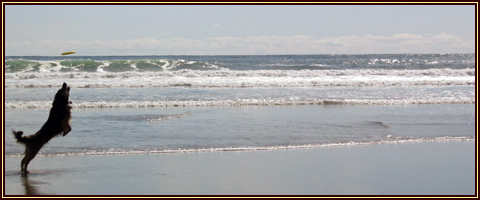Horse Sand Colic
Each owner of a horse should be acutely aware that the health of the horse goes in cycles. These horses wouldn’t be considered animals if they didn’t get sick every once in a while. Most of the time, a problem with the horse isn’t really that big of a deal. This can be salvaged quickly through the use of time. The bad thing is, you can’t just take horse colic lightly. You really don’t want to take colic in horse for granted.
You can call this colic “stomach pain”, but make no mistake — this can be very dangerous. This colic is so dangerous that it has become a major reason for early death in horses. Keep this in mind as you wonder if you should be doing anything to help your horse when it is in pain.
Stomach sicknesses in horses can be cause from anything ranging from mental stress to a parasitic infection. It is this last occurrence that can cause major issues with your horse. Parasites can get inside of your horse and can attack the liver, kidneys or heart and can cause a simple stomach ache to be a deadly encounter.
If you are looking for symptoms of colic in your horse, you need to look out for two telltale signs. The most innocent sign that you will see is one where your horse will be rolling back and forth on the ground. Assuming your horse doesn’t show other symptoms, we wouldn’t worry too much about this problem. However, be concerned if you notice your horse trying to pee without success. This means that there is a problem that needs to be looked at. What makes this bad is that it is likely due to a parasitic infection. This type of infection should be seen by a veterinarian immediately.
If you’re looking for ways to limit the amount of horse colic that will impact your horse, look no further than the source of the food you are giving your horse. Understand that any food that a human wouldn’t be able to handle without a stomach problem will probably lead to the same result for a horse. This food is the most susceptible to bacteria and parasites. Keep the food clean and fresh and also make sure that the eating area is cleaned and disinfected as well. If you don’t there is a good chance that you will need to follow this up with some form of pet medication.
If you are a horse owner, you will need to prepare yourself for the eventual death of your horse. Although you can’t fight nature, you can ensure that your horse is able to fight off bacteria and infections by keeping an eye on horse colic symptoms. Any indication of a parasitic invasion means that you should contact a doctor immediately. If necessary, you can also look into some horse medications to help.







